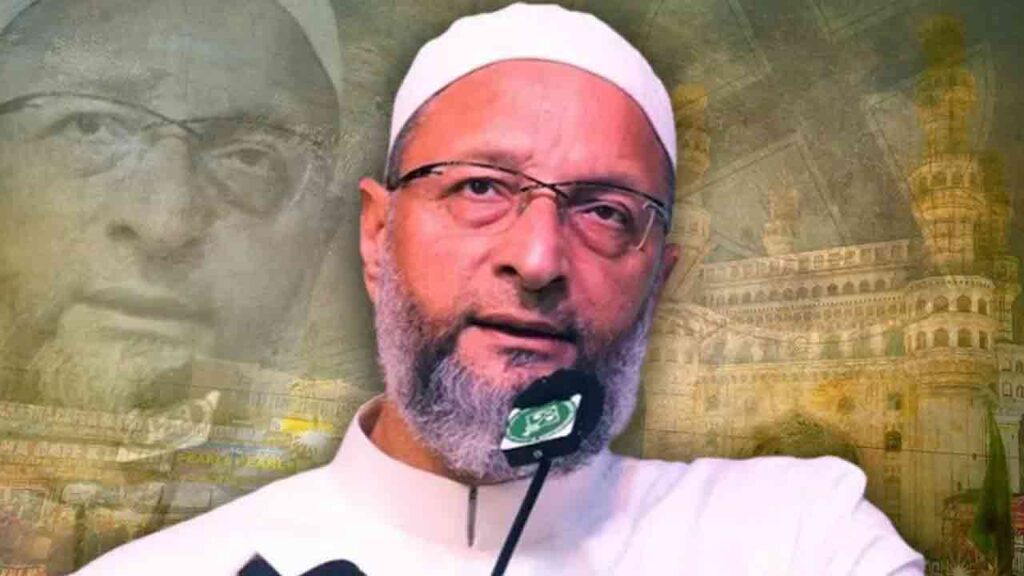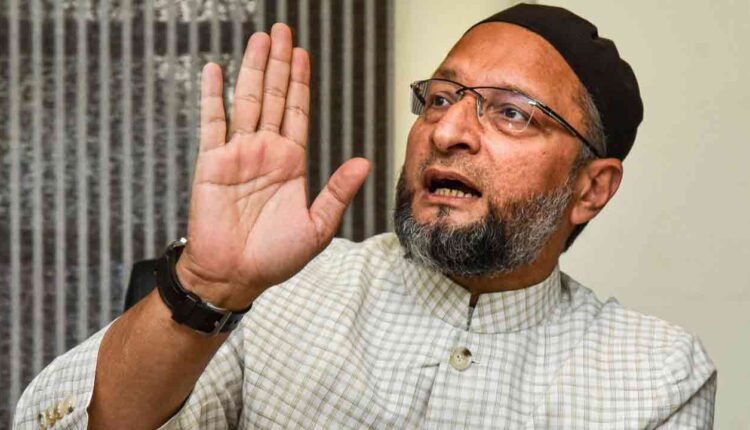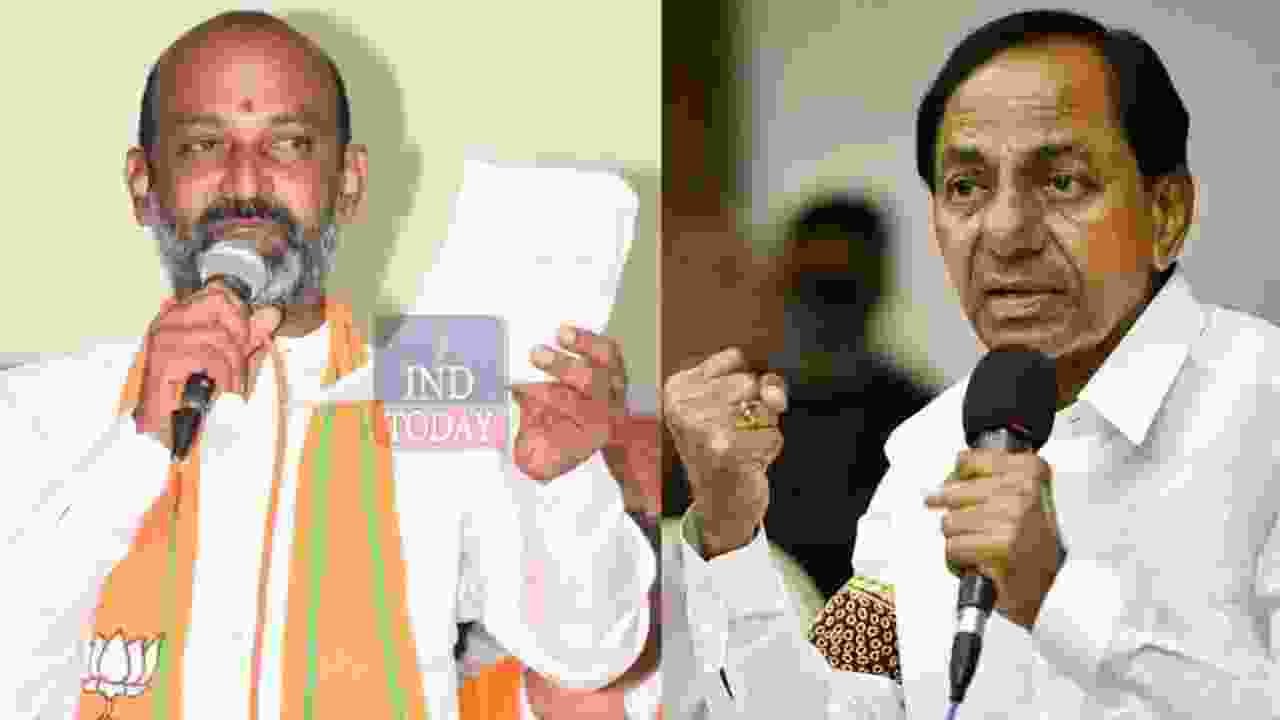Asaduddin Owaisi Express Concern Over UCC Bill of Uttarakhand
Asaduddin Owaisi | Hyderabad, Feb 7 (Maxim News): As the Uttarakhand Uniform Civil Code (UCC) Bill draws scrutiny, All India Majlis-e-Ittehadul Muslimeen (AIMIM) chief and Hyderabad MP, Asaduddin Owaisi, has taken to Twitter to voice his concerns.
Through a series of thought-provoking tweets, he sheds light on various aspects of the bill and its potential implications, igniting a crucial conversation online and beyond.
Asduddin Owaisi’s criticism to BJP is the bill’s exclusion of the Hindu Undivided Family (HUF) system from its purview. He emphasizes the need for uniform laws on succession and inheritance, questioning the rationale behind exempting the majority community from such legislation. This selective approach, he argues, creates inconsistencies and undermines the very principle of uniformity.
While debates often focus on issues like bigamy, halala, and live-in relationships, Asaduddin Owaisi’s tweets urge attention to the overlooked aspect of HUF’s exclusion. He highlights how this crucial point has been sidelined in the discussions surrounding the UCC, demanding a more comprehensive and inclusive approach.
Asaduddin Owaisi Question
Bringing the economic and social realities of Uttarakhand into focus, Asad Owaisi questions the necessity of the UCC in light of the state’s recent struggles with natural disasters and financial hardships. He emphasizes the need to prioritize immediate concerns over potentially divisive legislation.
Moving beyond economic considerations, the tweets raise serious concerns about the exclusion of tribal communities and potential violations of fundamental rights, particularly regarding religious practices and cultural traditions. Asad Owaisi emphasizes the need for ensuring the UCC adheres to constitutional principles and safeguards the rights of all citizens.
The tweets further point out discrepancies between the proposed UCC and existing central laws like the Shariah Act and Hindu Marriage Act. This raises questions about the feasibility of implementing the UCC without presidential assent and highlights the need for clear legal frameworks to avoid contradictions.
Finally, Asaduddin Owaisi challenges the notion of a mandatory UCC, citing Dr. B.R. Ambedkar’s stance on the matter. He argues that existing voluntary codes offer a more inclusive and adaptable approach, raising questions about the potential infringement on individual choices and cultural autonomy.
By bringing these critical points to the forefront, Asad Owaisi has injected much-needed nuance into the debate surrounding the UCC Bill of Uttarakhand. His intervention underscores the complexities and potential pitfalls of implementing such legislation and emphasizes the need for a more inclusive and rights-based approach to legal reforms in India. As the discourse progresses, it is crucial to consider diverse perspectives and ensure that any legislative measures uphold the Constitution and protect the rights of all citizens. (Maxim News)

Next Story:
Now you can get the latest stories from Indtoday on Telegram every day. Click the link to subscribe. Click to follow Indtoday’s Facebook page, Twitter and Instagram. For all the latest Hyderabad News updates






